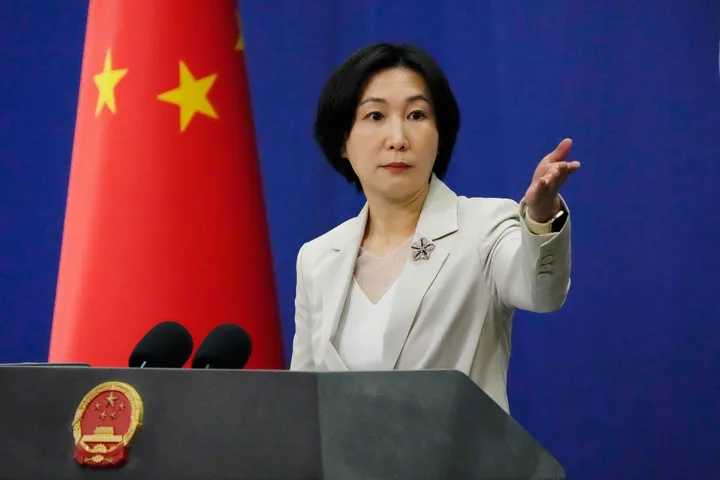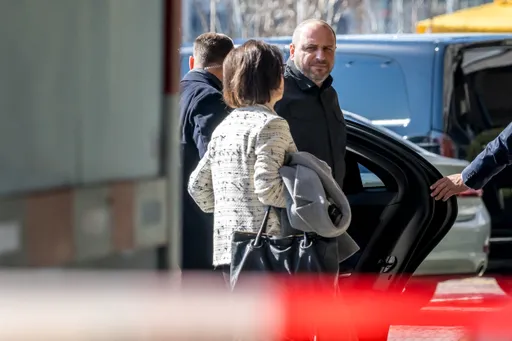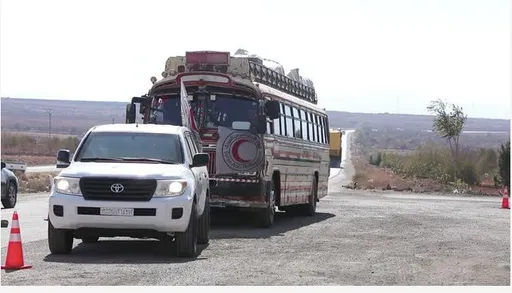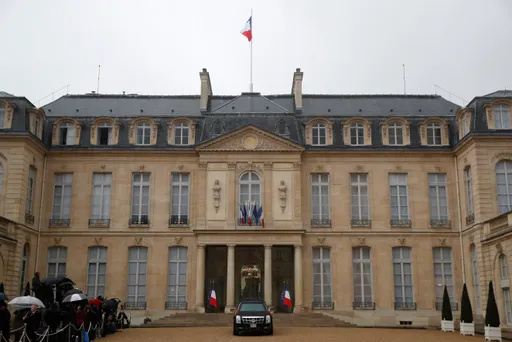The right to education, perhaps, holds greater significance for a minority community as it is the ultimate means of bridging societal divisions, promoting cohesion, and providing individuals with a sense of belonging.
Around 150,000 ethnic Turks in Greece’s Western Thrace, whose status was defined by the 1923 Lausanne Peace Treaty and whose rights were safeguarded through various bilateral and multilateral agreements, have been facing systematic violations of their right to education.
Although articles 40 and 41 of the Treaty of Lausanne grant the minority the right to education in their native language and autonomy in managing educational institutions, Greece does not fulfil its obligations and assimilates the Turkish community.
A report by Human Rights Watch states that the execution of the Treaty of Lausanne by the Greek administration has been irregular, leading to a poorly organised and neglected educational system for the Turkish minority.
Educational issues the minority face include a mixed administrative system, poorly qualified teachers, lack of bilingual kindergartens, closing down and merging elementary schools, limited secondary schools, outdated and insufficient learning materials, and the lack of a curriculum for teaching Greek as a second language.
Last week, the Greek Ministry of Education and Religious Affairs closed down nine more Turkish minority schools in Rodop (Rhodopi) and Iskece (Xanthi) prefectures.
Since 2011, there has been a steady increase in the systematic closure of Turkish minority primary schools because of what the Greek administration claims to be an “absence of students”.
However, some minority schools have to accommodate more students than their capacity allows, says Hakan Efendi, a Turkish HR specialist who completed his primary, middle and high school education in Iskece.
“Greek authorities’ reluctance to permit new buildings has pushed schools into adopting a two-shift education model,” he tells TRT World.
The total number of minority schools in Western Thrace has now reduced to 90, compared to 231 in the region in 1995. The systematic closure of minority schools is seen as part of Greece’s policy of identity denial towards Western Thrace Turks.
“Their denial of our identity has played an even more unifying role in our society and children. I observe that our children who attend minority schools develop a stronger sense of belonging to the community and Turkish identity,” Aydin Ahmet, President of the Western Thrace Turkish Teachers’ Union, tells TRT World.
Ahmet has been serving as the President of the union since 2017, which was officially closed along with the Gumulcine (Komotini) Turkish Youth Association and the Iskece (Xanthi) Turkish Association in 1983 after they refused the request to remove the word ‘Turkish’ from their signs.
It has been prohibited by the Greek authorities to indicate the word Turkish also in school signs since 1972.
Under-qualified educators
Under a Cultural Agreement of 1951, Greece and Türkiye had agreed to exchange 35 teachers for minority schools in each country. However, Greece unilaterally reduced this number to 16 in 1990.
Greek authorities have long prevented teachers from Türkiye from working at Turkish minority schools in Iskece despite the absence of such restrictions in the agreement. Since the 2002-2003 school year, Türkiye-educated teachers have also been barred from working at minority elementary schools.
Only graduates of the Thessaloniki Pedagogical Academy (EPATH), established in 1968 during the Greek junta regime, are given teaching permission in minority schools.
Many Turkish people believe that the establishment of EPATH aimed to exert control over the minority and distance it from its Turkish heritage, according to the Human Rights Watch report.
Ironically, at EPATH, the language of instruction is Greek, while the teachers are entrusted with teaching in Turkish.
“Insisting on employing these teachers, who lack the necessary qualifications, serves the sole purpose of keeping our children away from a successful educational experience," says Ahmet.
"By reducing the number of educated individuals as much as possible and creating a more manageable minority, the aim is to accelerate assimilation."
After the Greek junta captured power in 1967, the Turkish community in Western Thrace experienced increased persecution and violations of their rights, often in apparent disregard of the principles outlined in the European Union acquis.
Kindergarten needs
Western Thrace's Turkish community has been granted autonomous status in education as per the Lausanne Peace Treaty, which allows them to establish various schools and use their mother tongue.
Similarly, Türkiye's Greek Orthodox minority, whose status and rights are determined with the treaty similarly to the Turkish community in Western Thrace, also has the privilege of operating schools, including kindergartens that teach their mother tongue, within their educational systems.
However, today, there is still not a single public kindergarten in Western Thrace that teaches in Turkish, even in provinces where most of the residents are Turkish.
On January 10, 2022, the President of the Xanthi Turkish Union (XTU), Ozan Ahmetoglu, presented a petition to the European Parliament's Committee on Petitions (PETI) addressing the absence of bilingual minority kindergartens in Western Thrace that offer education in both Turkish and Greek
“While there are 42 public kindergartens in Rodop (Rhodope) where the majority of the population is Turkish and 30 in Iskece (Xanthi) where nearly half of the population is Turkish, the Turkish community does not have a single kindergarten in both provinces,” Halit Habip Oglu, President of Federation of Western Thrace Turks in Europe (ABTTF), tells TRT World.
Promoting greater access to preschool education for minority groups could serve as a strategic policy to reduce early disparities between children from minority and majority communities, particularly in areas like literacy, as highlighted by research findings.
While early education inclusivity can pave the way for a more equitable and inclusive society for all, its exclusivity would result oppositely.
Turkish youth left unemployed
Despite being Greek citizens, Western Thrace Turks are not employed in public positions, and Türkiye-educated graduates are not offered jobs even though they have received higher education, says research.
Only a small number of ethnic Turkish community members are employed in civil service positions at the municipal or state level. This can be attributed to insufficient education, followed by institutional discrimination against the Turkish youth.
"Migration abroad is increasing, and the population is decreasing in Western Thrace due to the lack of employment creation in our region, which is one of the country's least developed regions in terms of economy," says the President of ABTTF.
Lack of support
The Treaty of Lausanne ensures that in areas where minorities reside collectively, a fair amount should be allocated from the state and municipal budgets for education, religious, and humanitarian purposes. But it has not been the case.
In comparison to Greek schools, there are significant deficiencies in financial support for equipment and facilities of minority schools, according to locals.
“While Greek schools are equipped with laboratories and various resources, minority schools struggle to maintain their educational activities with limited resources. This further pushes parents to consider Greek schools for their children,” says Efendi.
“The most crucial measure to keep our people in the region is potential investments in the area,” Ahmet Kara, a Turkish lawyer from Iskece, tells TRT World.
“No Western Thrace resident will leave the region if they can sustain their livelihood,” Kara adds.
Athens prefers to use the term "Muslim minority" instead of "Turkish minority" when describing the ethnic Turks in Western Thrace, disregarding the group's ethnic identity.
The minority believe denying their identity only perpetuates division and hinders progress towards an inclusive and cohesive society.
"The main purpose of all these obstacles is to pretend that there is no Turkish presence in Western Thrace, that is, to try to turn this into reality by creating a perception based on denial," says Halit Habip Oglu.























